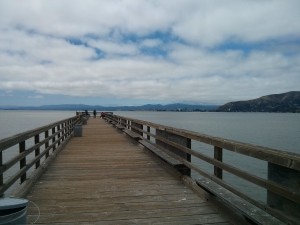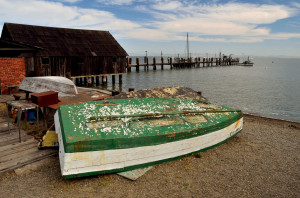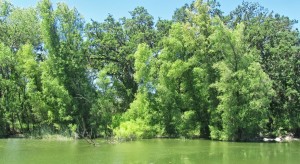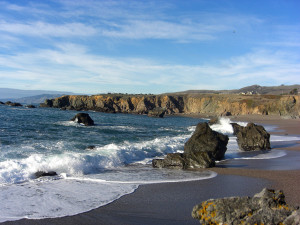The California State Parks Department’s failure to report more than $20 million in funds to the state was “conscious and deliberate” since 2003, according to the state’s attorney general office in findings released on Friday.
The investigation involved interviews with 40 witnesses who had knowledge of State Parks financing. The unreported funds, which also included $34.5 million from the Off-Highway Vehicle (OHV) Fund, were revealed in July, shortly after dozens of state parks slated for closure because of budget shortfalls passed into the hands of nonprofits and government groups to operate.
The Attorney General report offers a fascinating look at a State Parks Department where employees were apparently afraid or unwilling to challenge superiors, concerned about losing more money from an already bare-bones state parks budget, and embarrassed at the accounting errors.
The report, Attorney General’s Investigation into Discrepancies in Financial Reporting by California State Parks, essentially exonerated employees from unreported money from the Off-Highway Vehicle Fund, stating that there was “no evidence of intentional or systematic failure to disclose.” Instead, irregularities in reporting that pool of money to the Department of Finance (DOF) and State Controller’s Office were “largely attributable to the timing and methodology of reporting a variety of multi-million-dollar events to those two control agencies.”
However, the unreported money from the State Parks and Recreation Fund (SPRF) “is a different story,” according to the report. Initially, the report finds no one at fault. The funds “began and grew unintentionally during a challenging financial tracking and budgeting period from 1995 to 2003, resulting in far fewer dollars being reported for budget purposes to the [Department of Finance],” the report states, and the original cause may never be fully understood.
But by no later than 2003 and perhaps as far back as 1999, the failure to report became “conscious and deliberate,” the report states. Recreation funds had reached $26.8 million by 2002 and it appears that budget and accounting officers “were all well aware of the discrepancy.”
According to the report:
“Thereafter, from 2002 to 2012, numerous individuals failed to take appropriate action to ensure the monies were revealed to the [Department of Finance]. The primary reason consistently given for not doing so was fear that the Department would see its already-reduced general funding cut further if the extra monies in the SPRF were revealed. The embarrassment expected to result from revealing the funds was another motivating factor.”
The report goes to state that some lower-level employees attempted to get their superiors to address the issue to no avail. Former State Parks Director Ruth Coleman was told of the undisclosed funds but according to two witnesses, they were “uncertain whether and to what extent she understood.”
According to the report:
“Ultimately, Aaron Robertson arrived as head of the Department’s administrative services division and recognized his duty to report the matter up the chain of command, both within and outside the Department. Until then, no one had been willing to report the matter beyond their supervisors. Instead, people have consistently followed the directions of those above them that the fund balance disparity would not be disclosed to the DOF.”
In the end, the report states that there is no indication that the funds were ever spent, and represented “an essentially useless reserve” that could not be used by the parks department because there was no legislative appropriation to do so.
The report calls for “better internal management and oversight, and increased coordination and sharing of financial information among control agencies as now legislatively mandated” to avoid a repeat of the fiscal fiasco.
Read the full report here.





